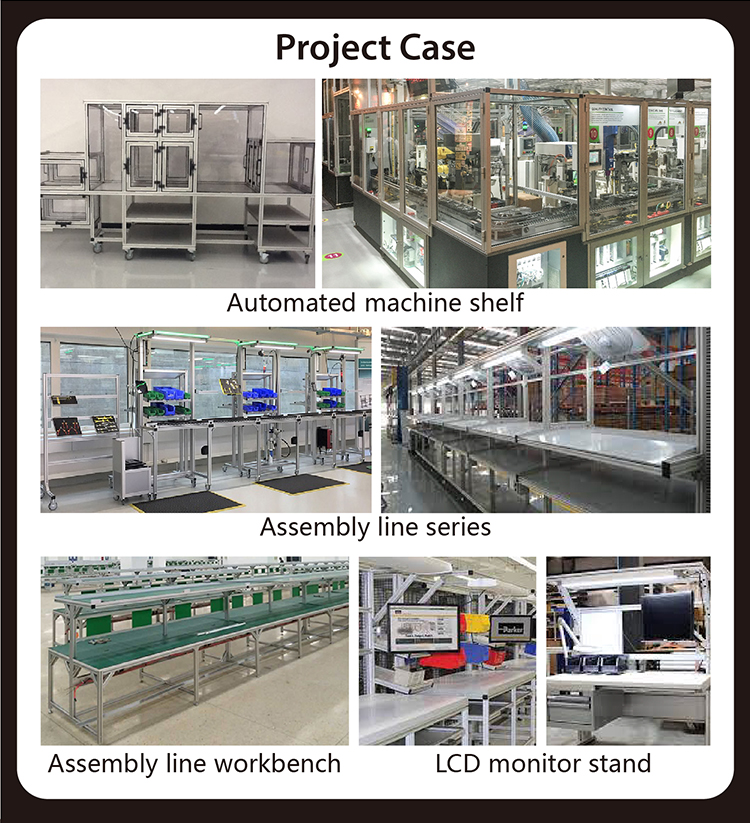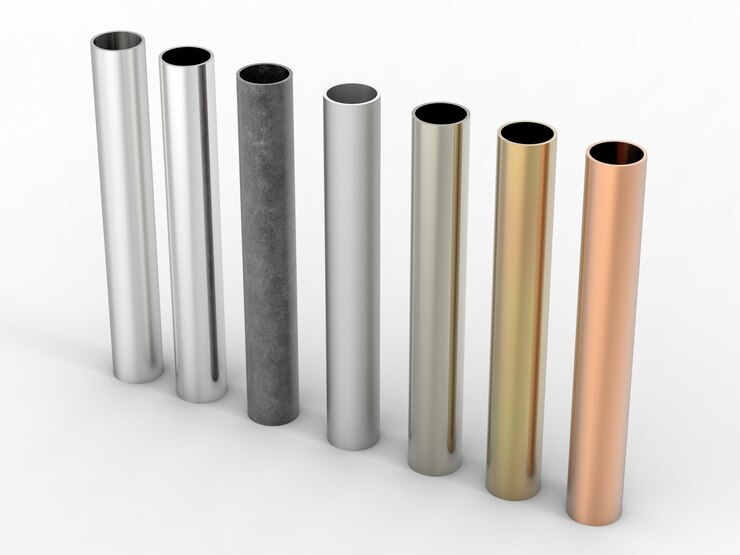In today’s world of making things, CNC milling is a flexible and accurate process. It shapes many materials to meet high standards. At XiHui Aluminium, we use CNC milling to create top-quality aluminum products. These serve fields from airplanes to medical tools. This blog looks at how CNC milling handles different material challenges, from metals to composites. It also shows our skill in delivering solutions that help you succeed.

Overview of CNC Milling and Its Versatility
The Fundamentals of CNC Milling Processes
CNC milling uses machines controlled by computers to cut material from a workpiece. It creates exact parts through cutting, drilling, and shaping. Rotating tools follow coded paths. This ensures accuracy and consistency. The process handles complex shapes, making it key for fields needing high-quality parts.
Why Material Selection Matters in CNC Milling
Choosing the right material is very important in CNC milling. Each material has special features. These affect how easy it is to mill, how tools wear, and how the final product works. Things like hardness, heat flow, and grain structure shape milling plans. This requires specific methods to get the best results.
Adapting CNC Milling Techniques for Metals
Metals are a main part of CNC milling. They are strong and flexible, but each metal has unique challenges.
Characteristics of Metal Materials in CNC Milling
Aluminum: Lightweight and High Machinability
Aluminum is valued for being light and easy to mill. It needs less cutting force. This allows faster work and smoother surfaces. Our custom CNC aluminum profiles use aluminum’s ease of milling for fields like airplanes and cars.
Steel: Strength and Precision Challenges
Steel’s great strength makes it perfect for heavy jobs. But its hardness needs strong tools and slower milling speeds. This keeps accuracy. Cooling methods are used to control heat during milling.
Titanium: Durability and Heat Resistance
Titanium is very strong and resists heat. It’s great for medical and airplane parts. But it doesn’t conduct heat well. This requires special tools and careful milling to avoid overheating and tool wear.
Strategies for Efficient Metal Milling
To mill metals well, we use:
- Adjusted Speeds: Balancing speed to save tools and work fast.
- Coolant Use: Reducing heat to protect tools and parts.
- Tool Path Plans: Using software to reduce tool wear and keep accuracy.
These methods ensure great results for all metals.
CNC Milling for Plastics and Composites
Plastics and composites have special benefits. But they need careful handling in CNC milling.
Key Considerations When Milling Plastics
Thermal Sensitivity and Surface Finish Concerns
Plastics like ABS and PVC can melt due to heat from milling. Low speeds and sharp tools are needed. They help achieve smooth surfaces without damage.
Commonly Milled Plastics: ABS, PVC, and Polycarbonate
| Plastic | Features | Uses |
| ABS | Strong, resists impact | Everyday items, test models |
| PVC | Resists chemicals, cheap | Pipes, signs |
| Polycarbonate | Clear, tough | Lenses, protective covers |
These plastics are milled carefully to meet different needs.
Handling Composite Materials in CNC Milling
Layered Structures and Tool Wear Issues
Composites, like carbon fiber, have layered designs. These can split during milling. Special tools and low cutting forces prevent damage. Dust removal systems handle abrasive bits that wear tools faster.
Addressing Challenges in Wood CNC Milling
Wood has special challenges in CNC milling because of its natural differences.
Variability of Wood Grain Patterns
Wood’s grain patterns affect milling results. Uneven density can cause uneven cuts. We study grain direction and adjust tool paths. This ensures even results.
Techniques to Minimize Splintering and Warping
To reduce splintering and warping, we use:
- Sharp, Fast Tools: For clean cuts that avoid tearing.
- Stable Fixturing: To hold wood steady during milling.
- Controlled Speeds: To avoid stress on the material.
These methods ensure high-quality wood parts.
Specialized Techniques for Exotic Materials
Rare materials like ceramics and glass fiber reinforced polymers (GFRP) need advanced milling methods.
Ceramic Milling: High Hardness and Brittleness
Ceramics are very hard but fragile. They need diamond-coated tools and slow speeds to avoid cracks. Careful control ensures smooth surfaces for uses like electronics.
Glass Fiber Reinforced Polymers: Abrasion Resistance
GFRP is abrasive and wears tools quickly. We use carbide tools with high wear resistance. We also adjust cutting settings to keep efficiency and part quality.
The Role of Tooling in Overcoming Material Challenges
Tools are very important to CNC milling success for all materials.
Selecting the Right Cutting Tools for Different Materials
Tool choice depends on material features:
- Metals: Carbide or high-speed steel tools for strength.
- Plastics: Sharp, polished tools to avoid melting.
- Composites: Diamond-coated tools for wear resistance.
The right tools improve speed and part quality.
Importance of Tool Coatings in Enhancing Performance
Coatings like titanium nitride (TiN) and diamond-like carbon (DLC) reduce friction. They make tools last longer. They work well for milling hard or abrasive materials. This ensures steady performance.
XiHui Aluminium: A Reliable CNC Aluminum Supplier
Expertise in High-Quality Aluminum Machining
At XiHui Aluminium, we are great at CNC milling. We produce excellent aluminum parts. Our factory is in Foshan, China. It covers 10,000 square meters. We have modern CNC milling machines. Our skilled team makes precise parts, from small samples to big production runs. Explore our custom industrial CNC milling services for solutions made for you.

Commitment to Precision, Efficiency, and Customer Satisfaction
We focus on delivering the best:
- Accurate Milling: Achieving measurements as tight as ±0.001 inches.
- Fast Production: Smooth processes to meet deadlines.
- Customer Care: Custom solutions with strict quality checks.
Our customized CNC-machined aluminum parts ensure reliability for your projects.
Conclusion
Summarizing the Adaptability of CNC Milling Across Materials
CNC milling’s ability to handle metals, plastics, composites, wood, and rare materials makes it a key part of modern making. By using specific tools and methods, it overcomes material challenges. This delivers accuracy and quality.
Future Trends in Material-Specific CNC Innovations
New advances like AI-driven tool improvements and hybrid milling systems promise better speed and flexibility. These changes will expand CNC milling’s abilities. They will benefit fields worldwide.
FAQs on CNC Milling and Material Challenges
What materials can be processed using CNC milling?
CNC milling works with many materials. These include metals (aluminum, steel, titanium), plastics (ABS, PVC, polycarbonate), composites (carbon fiber, GFRP), wood, and ceramics. Each needs specific tools and methods for the best results.
How does tool selection impact the milling process?
Tool choice affects speed, accuracy, and part quality. Hard materials like metals need strong carbide tools. Plastics need sharp tools to avoid melting. The right tools reduce wear and ensure smooth surfaces.
Why is aluminum a popular choice for CNC milling?
Aluminum is liked for being light, easy to mill, and rust-resistant. It allows faster milling and smoother surfaces. It is cost-effective, making it great for airplanes, cars, and medical uses.





